Let’s be real. Josh Bernoff drew my attention by calling fluff what it really is–bullshit. We all see it. It’s the blog post we bail on before we finish the first paragraph. It’s the article that clearly tries too hard to impress. So, why does the bullshit still show up in online content?
Because too many people focus on how many words they write rather than using words wisely.
As Google evolves with today’s technology, knowing how consumers digest content is crucial to attracting and keeping online visitors. Let’s learn the high points of Josh Bernoff’s CMC18 Writing Without the Bullshit workshop.
Short But Meaningful
Short tail and long tail keywords have their place in SEO. Their function is to act as lures that organically attract consumers to a particular website. Frankly, getting people there isn’t the biggest problem in content marketing; it’s keeping them there.
As a content creator, you have to know how to “front-load your writing.” Ask yourself what the one big idea is that you want to get across to your readers, then blast it from the rooftops. Be clear and concise with the words you choose. If the reader feels you value their time, they are more likely to stick around.
How Does Meaningful Content Improve SEO?
Bernoff shares an equation you can put to work immediately when analyzing content. He explains that the meaning ratio equals the number of meaningful words divided by the total words. If the meaning ratio drops below 70%, it’s time to go back to the drawing board.
Guess what? When you start cutting words that take up space without adding meaning, many of the words you have left are those short and long tail keyword combinations. Make sure the title and meta descriptions or summaries are clear, concise, and fascinating enough to grab the reader’s attention when they pop-up in a Google search.
Tips and Tricks for Improving the Meaning Ratio
- Purge passive voice (and go with active voice): “You should be trying to express your strengths.” vs. “Express your strengths.”
- Know the audience before you incorporate industry jargon, and translate jargon into plain English when appropriate: “We advocate for developmentally appropriate learning opportunities in our schools.” vs. “We work hard to teach children on their level.”
- Eliminate weasel words/Ambiguous qualifiers project uncertainty: “Many of our partners choose gold.” vs. (76% of our partners choose gold.”
Edit Like You’ve Never Edited Before
Don’t assume your first draft is good enough just because you have talent. Analyze your work to clean up excess fluff. You impact SEO with the words you select. Words will draw people in or push people away. Eliminating as much bullshit as possible while maintaining flow is crucial to keeping people on site. When you focus on putting meaningful words in the proper position, you show visitors you cling to what Bernoff calls the “Iron Imperative.” In other words, you make clients feel like their time is more valuable than yours.
Elizabeth B is a curator of words whether on the page or in the conference room. She spent most of her adult life in public education fighting for developmentally appropriate education as a classroom teacher and reading specialist. She is well-versed in compiling data and creating special reports for various educational institutions.

